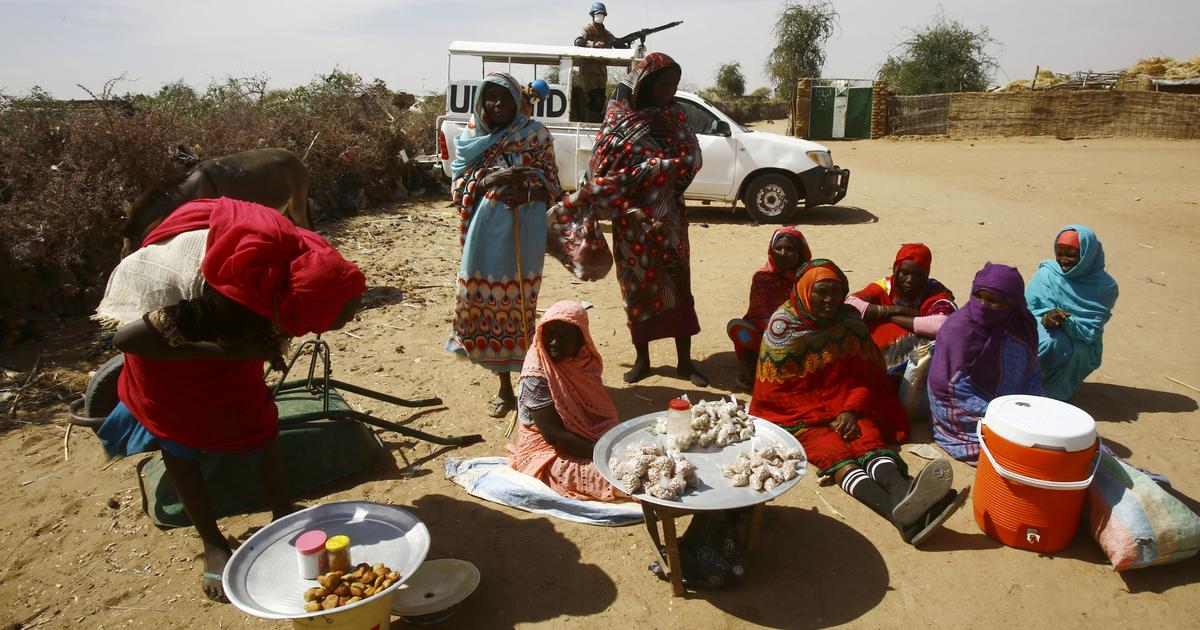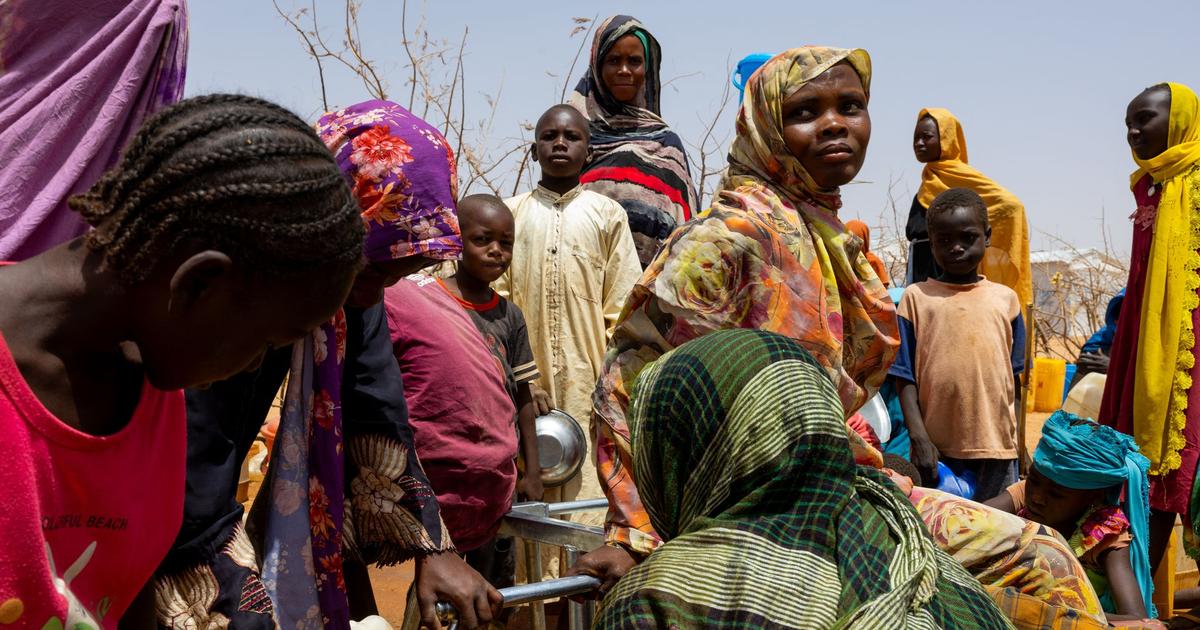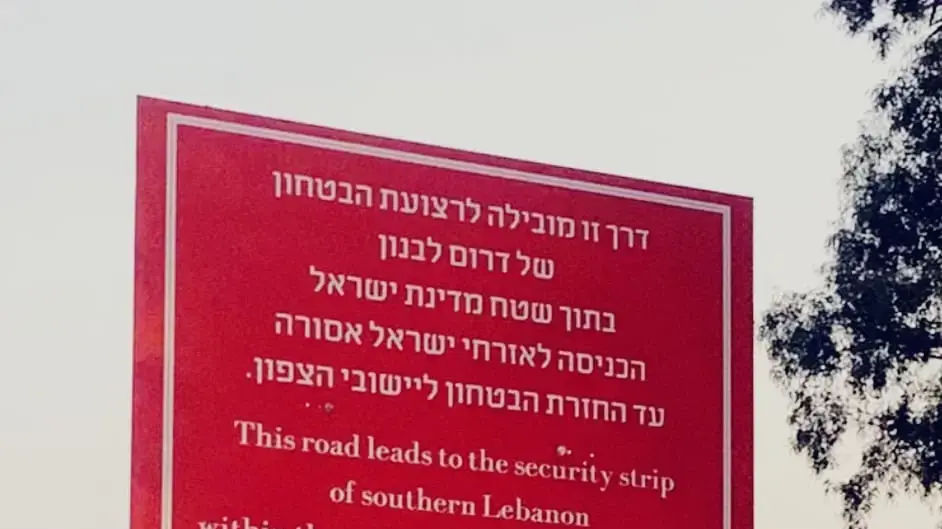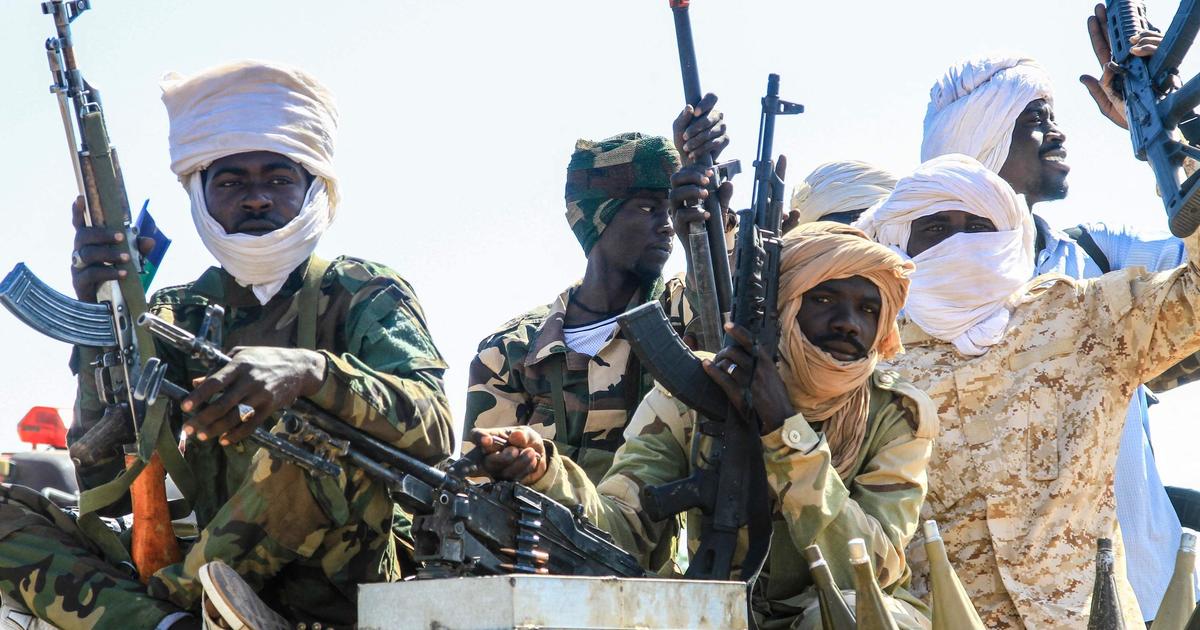The commander of the army and leader of Sudan since the coup last October, General Abdel Fattah Al Burhan, announced on Monday night that the military will finally withdraw from the negotiations to form a new government and will cede the initiative to armed forces. civil policies, although he advanced that, in return, they will establish a military council without civilian supervision and with powers yet to be determined.
His proposal comes after the opposition has increased its mobilizations in recent days against the coup junta, unable to cement its authority, widely rejected by the opposition as a ruse by the generals to preserve their power and privileges.
In a brief message on state television, Al Burhan said his offer seeks to allow civilian forces to "sit down and form an independent government with national powers to meet all the demands of the transition period."
He also assured that after the formation of the Executive he will dissolve the Sovereign Council, which currently assumes the responsibilities of the Head of State and which he himself heads.
And he advanced that he will form a Superior Council of the Armed Forces, which will be responsible for security and defense, as well as other prerogatives that are agreed with the future Cabinet.
The Sudanese leader's move has been widely interpreted as a sign of weakness for the coup junta, which since January has been unable to shore up a prime minister and is having to deal alone with a serious economic crisis and alarming levels of violence in the periphery of the country.
The decision represents a reversal of his initial promises to appoint a technocratic executive to lead the country until elections in July 2023 under the supervision of the army.
The main opposition groups also view with skepticism the formation of a military council that is not accountable and the rehabilitation in recent months of the Islamists who formed the support base of the regime of dictator Omar Al Bashir, deposed in April 2019.
The military coup perpetrated by the army last October put an end to the democratic transition that began in Sudan shortly after Al Bashir was deposed after three decades in power after months of massive demonstrations.
The coup was a serious setback for popular aspirations to continue dismantling the old Islamist regime, lay the foundations for a civilian and democratic government within the framework of a rule of law, and to consolidate the return of the country to the international community.
Exodus
This instability is behind the increase in the number of people leaving the country, many of them heading north to Morocco from where they try to cross into Spain, as the attempt to jump the fence to Melilla on June 24 showed. with a balance of at least 23 dead migrants.
80% of the 133 people who managed to reach the autonomous city had Sudanese nationality.
This Monday, the European Commissioner for the Interior, Ylva Johansson, considered it "unacceptable that people die in this way on our EU border" and called for an investigation of what happened.
In Sudan, the military have since collided with the constant mobilization that the civil democratic opposition has been able to articulate and maintain for more than eight months.
The repression of the security forces has killed more than 100 people.
Hundreds have been injured or arrested.
At the forefront of this pulse are the so-called resistance committees, an extensive network of decentralized groups of revolutionaries deeply rooted in the neighborhoods, which have shown a great capacity to dodge the repressive and co-opting tactics of the regime.
More information
Sudanese emigrants in Morocco: "One of my friends was beaten by several police officers until he was lifeless"
Last Thursday, on the third anniversary of the massive protest that ended up forcing the military to agree with civilian political forces on the fragile transition that began in 2019, large mobilizations were held throughout Sudan, in a new show of force by the opposition.
The protests were once again suppressed by security forces, who killed nine protesters and injured more than 600, according to a tally by the Central Committee of Sudanese Doctors.
camping
Following the momentum created by these protests, the resistance committees in the capital, Khartoum, announced a "revolutionary escalation" to force the fall of the military junta "by all possible peaceful means".
Since then, several encampments have broken out for the first time since the coup, especially in the capital region.
At least one of them was attacked by the police last Monday, while Al Burhan was addressing the nation, according to the aforementioned committee of doctors.
The Khartoum resistance committees have also now been the first to respond to the general's announcement.
In a statement, they reject the proposal because it does not respond to their demands to cede power to a civilian government, withdraw completely from politics and face a process of reform and accountability.
Also for his intention to form a military council.
The coalition of civilian political forces that co-governed the fragile transition with the military, the Forces of Freedom and Change, considered this Tuesday Al Burhan's gesture as proof that the coup junta is in low hours, has described it as simple "maneuver" away from the demands of the street and has called to maintain the escalation.
The general's announcement comes shortly after the United States and Saudi Arabia managed to organize a meeting between the Forces of Freedom and Change and the military for the first time since the coup, in early June, although the outcome was uncertain and the The former have insisted that they will not repeat the pre-riot formula of a mixed government with the military.
A political process promoted in parallel by the UN and the African Union did not even get started due to the outright rejection of the civil opposition.
Follow all the international information on
and
, or in
our weekly newsletter
.
50% off
Exclusive content for subscribers
read without limits
subscribe
I'm already a subscriber

/cloudfront-eu-central-1.images.arcpublishing.com/prisa/4NDX6WZNQSW6LJGWT5T4HRURWE.jpg)
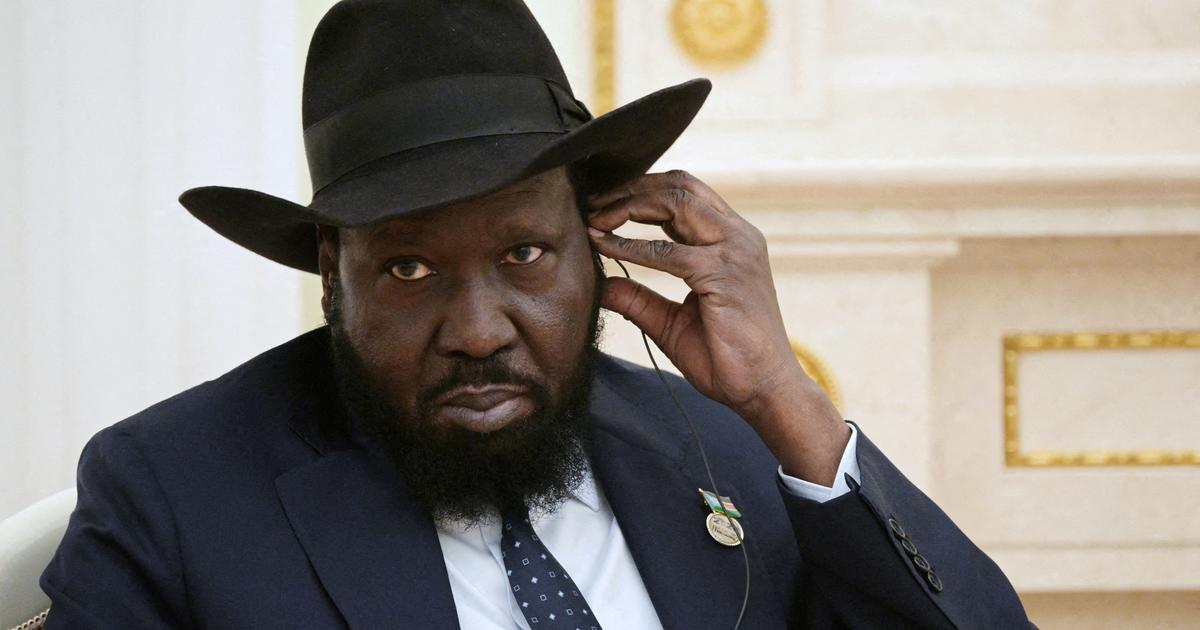

/cloudfront-eu-central-1.images.arcpublishing.com/prisa/Q3R3DI62AJHR7AGTRNQPF2AHCI.jpg)

